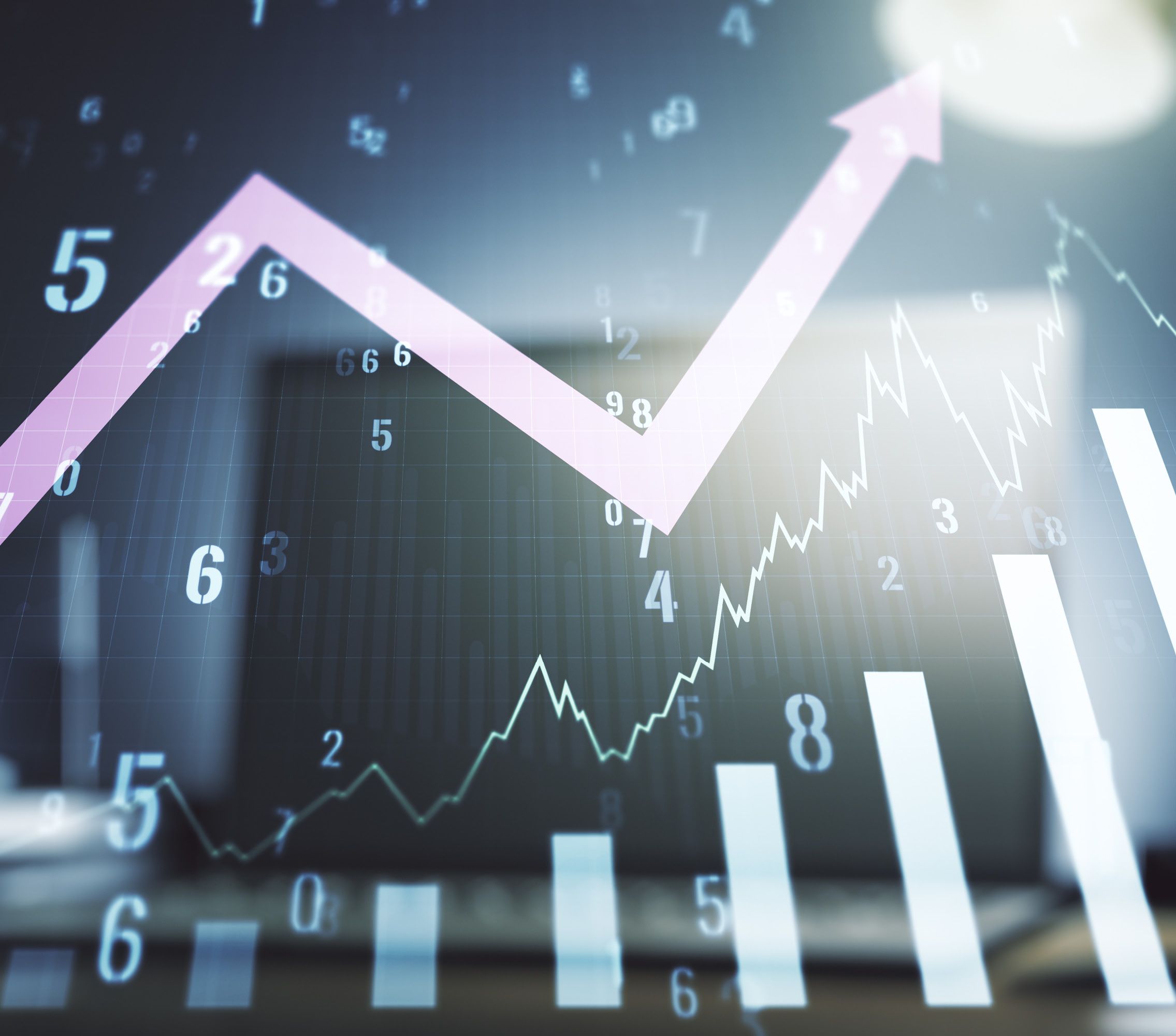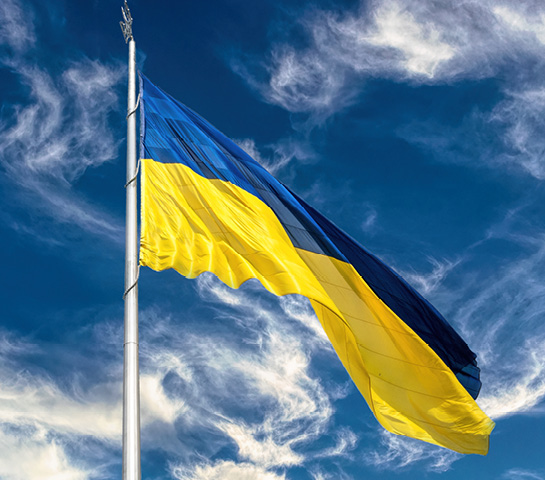War in Ukraine – a turning point for politics and business
The conflict in Ukraine is not only bringing suffering to 40 million people fighting for their land, living in fear or fleeing to safety, this war is becoming a historic turning point – and will have a decisive influence on the political order, trade and economy worldwide.
Putin’s world
“Change through trade” is a much-quoted motto of the West. The underlying concept: to prevent violent conflicts through economic interdependence; to transfer the idea of democracy and the rule of law into the world through trade.
Putin’s world is fundamentally different. This has become clear since the Russian annexation of Crimea in 2014. He sees Ukraine as a core part of the Russian world, following a mix of ideologies that combines cultural and historical concepts (Russki Mir / Kievan Rus) with anti-Western, anti-liberal and neo-imperialist ideas.
The disintegration of the Soviet Union is, in Putin’s view, “the greatest geopolitical catastrophe of the 20th century”. Russia sees itself provoked by NATO’s eastward expansion. In February 2022, Putin launched a full-scale war on Ukraine in blatant violation of international law.
Sanctions as a sharp sword
The EU and the US, as well as other international partners, promptly responded with harsh sanctions to weaken the Russian economy and political elite. For example, Russian banks have been excluded from the SWIFT system, EU airspace is closed to all Russian aircraft, and the export and sale of aircraft and equipment to Russian airlines is banned, as are targeted exports for key industries such as energy, semiconductor production, and oil and gas extraction. The EU has been unable to agree a full oil and gas embargo, as the dependencies, especially on the part of Germany, are too great.
Raw materials and dependencies
That it will ultimately be about raw materials is clear: Putin is demanding payment for coal, gas and oil supplies in roubles, the EU is refusing to comply with his request, with early warning levels being activated. It is also clear that the West must and will become independent of Russia’s oil and gas in the coming years. This will take time and is expensive. At the moment, halting these deliveries for Germany carries the risk “that the German economy will slip into a deeper recession and inflation will increase even more,” warns economist and economic expert Monika Schnitzer.
But it is also about many other raw materials on which the West and the world depend and whose supply is faltering. Whether with regard to nickel, palladium or neon, the automotive industry is coming under pressure, and the expansion of electromobility is stalling, because over 40 percent of the nickel used by it comes from Russia. In the meantime, the price has increased almost fivefold. The price of aluminium has increased by 74 percent, because Russian company RUSAL is one of the largest aluminium producers in the world. Steel is also becoming scarce and expensive because companies like Severstal in Russia are now giving priority to supplying other markets, and production in Ukraine is at a standstill due to the war.
Whilst shortages are impacting industry in countries such as Germany, they are impacting plates in other countries: Russia and Ukraine together are responsible for supplying nearly one-third of wheat imports in many countries. As a result, millions more people are expected to starve.
Shock waves of war
The world economy has faced a triple shock from the war: The geopolitical order as it appeared after the end of the Cold War will undoubtedly change, but exactly how is uncertain. Many Western companies have already decided to boycott trade with Russia or withdraw from doing business with Russia altogether. They will have to accept losses and look for new markets and business areas.
We are already feeling the second shock wave. International trade is being thrown into turmoil in the energy, food, metals, fertiliser and air freight sectors, with supply disruptions or stoppages and prices soaring. Logistics are also faltering: Major shipping companies no longer call at Russian ports, and trains from eastern China no longer pass smoothly through Ukraine. When it comes to procuring raw materials and goods, many countries and companies face a mammoth task. New sources are having to be developed, new contracts negotiated and new logistical solutions found.
Democracy versus autocracy, an open versus a closed society, and a rules-based multilateral world order versus a world disorder in which the power of the strongest alone counts.
Matthias Brüggmann, Julia Buschmann, et al.,
handelsblatt.com
The third shock wave concerns funding and costs: Payment defaults by Russian and Ukrainian companies carry the risk of contagion to other countries. Rising commodity prices will hit Europe harder than the US, because it is in the EU that dependence on oil and gas imports is strongest – and the main macroeconomic spillover effect ends up coming from commodity prices. The withdrawal of gas, oil and coal from Russia is likely to hit Germany, as an industrial nation, particularly hard, with its energy transition still in its infancy. The government now wants to make a virtue out of necessity and use the crisis to transform the economy toward climate neutrality.
Is a new Cold War looming?
While the Western world is taking a united stand against Russia, Russia is moving closer to China. Both East and West are staking out their positions internationally, whether in India, Asia, Africa or Latin America. Crucial to the conflict, however, will be the question of how strongly China stands by Russia and helps Moscow. This is because China is an economically much more powerful rival to the West. Thus, blocs are emerging as in a new Cold War: “Democracy versus autocracy, an open versus a closed society, and a rules-based multilateral world order versus a world disorder in which the power of the strongest alone counts.”
More insights

Breaking a German Taboo: Minimum Wage Dictated by the State

The market economy needs new rules

Excess profits tax is detrimental to Germany as an investment location
Get in touch
Contact
Phone +41 41 500 05 31

